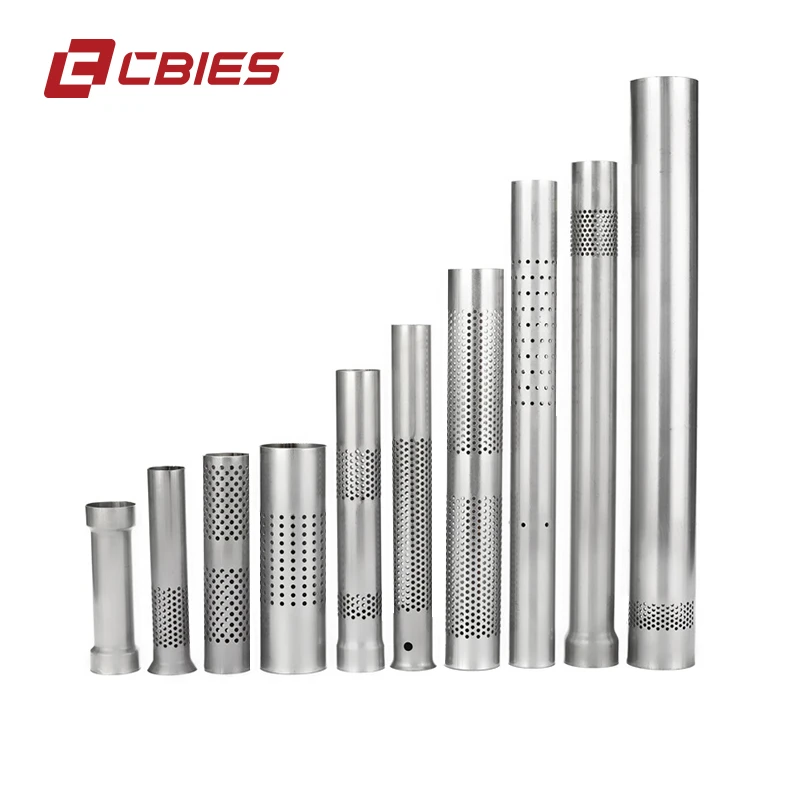
The Automotive Parts Manufacturing Industry A Vital Component of Global Economy
The automotive parts manufacturing industry stands as a cornerstone of the global economy, playing a crucial role in the production of vehicles and the overall advancement of automotive technology. This sector encompasses a vast network of suppliers and manufacturers that produce a wide array of components essential for vehicle assembly, including engines, transmissions, brakes, electrical systems, and body parts. As the automotive landscape evolves, driven by technological advancements and changing consumer preferences, the industry faces unique challenges and opportunities.
One of the significant trends shaping the automotive parts manufacturing industry is the shift towards electrification. With an increasing emphasis on reducing carbon emissions and enhancing fuel efficiency, manufacturers are pivoting to produce components for electric vehicles (EVs). This transition necessitates innovation in battery technology, electric drivetrains, and lightweight materials. Companies that adapt to these changes will not only meet regulatory requirements but also capture a share of the growing EV market, which is projected to expand dramatically in the coming years.
Moreover, the rise of autonomous vehicles presents another set of challenges and opportunities for parts manufacturers. The integration of advanced technologies such as sensors, cameras, and artificial intelligence into vehicles requires a new generation of components. Automotive parts suppliers must invest in research and development to create sophisticated products that support autonomous driving capabilities. Collaboration with tech companies is increasingly essential, as traditional manufacturing knowledge merges with cutting-edge technology.

Supply chain management remains a critical issue for the automotive parts manufacturing sector. The COVID-19 pandemic exposed vulnerabilities in global supply chains, leading to unprecedented disruptions. Manufacturers have since focused on building more resilient supply chains, emphasizing local sourcing and diversifying suppliers. Implementing advanced technologies like artificial intelligence and blockchain can enhance transparency and efficiency, helping companies to better anticipate and respond to disruptions.
Sustainability is another key consideration for the automotive parts industry. As the demand for environmentally friendly vehicles grows, manufacturers are exploring ways to reduce waste and energy consumption in their production processes. The adoption of circular economy principles, which emphasize recycling and reusing materials, is gaining traction. By developing sustainable practices, companies can not only meet regulatory demands but also appeal to environmentally conscious consumers.
Furthermore, the industry's workforce is evolving. As automation and robotics become more prevalent, there is a growing need for skilled labor that can operate and maintain advanced manufacturing technologies. Training and development programs must be prioritized to equip workers with the necessary skills to thrive in this changing environment.
In conclusion, the automotive parts manufacturing industry is undergoing significant transformations driven by technological advancements, regulatory changes, and shifting consumer preferences. As manufacturers adapt to these trends, they have the potential to not only enhance their competitiveness but also contribute positively to environmental sustainability and economic resilience. Embracing innovation, sustainability, and a skilled workforce will be imperative for the industry to navigate the future successfully.